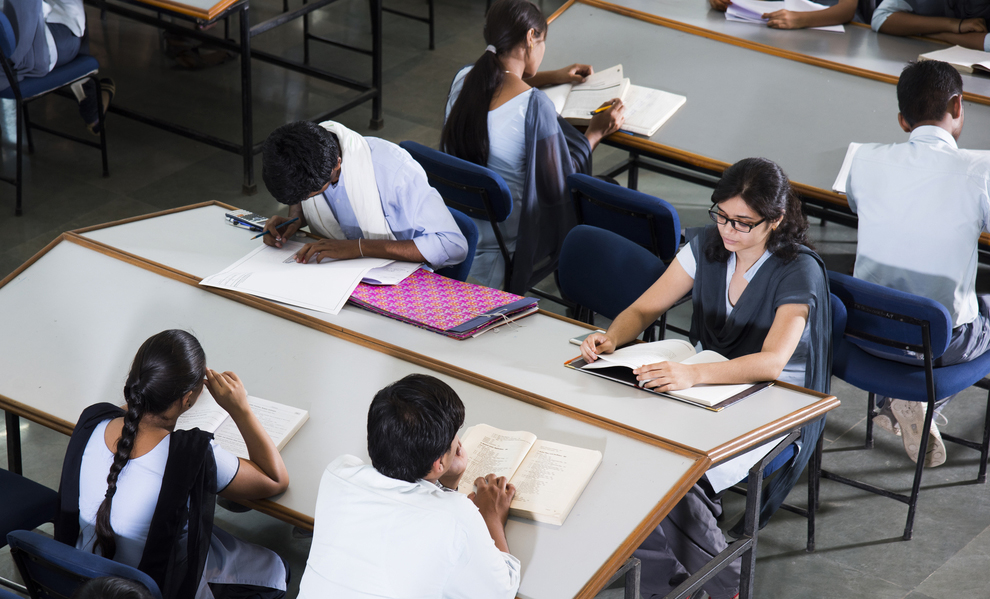The Central Board of Secondary Education has asked all its 22,000 affiliated schools to teach arts education as a compulsory subject to students of all classes from the current academic session.
The move is part of a drive to promote experiential learning by integrating the arts and to inculcate an appreciation of the diversity of Indian art forms.
The subject will, however, not be part of the board exam.
“Art education will be taught as a mandatory subject for Classes I to XII and facilities for the same may be provided in every school. Every school shall compulsorily reserve a minimum of two periods per week, per class, for Art education. All the four main streams covered by the term arts, such as music, dance, visual arts and theatre, should be included,” says a circular issued by the board.
A media release the CBSE issued on Wednesday had excerpts from the circular.
School principals welcomed the idea. Ameeta Mullah Wattal, principal of Springdales School here, said that art, music and drama can help students learn many other subjects. “Other subjects like mathematics or physics can be taught in a joyful manner by integrating art education with other subjects wherever possible,” she said.
The board has said that its move to make art education a compulsory subject is a precursor to the next step of asking schools to integrate the subject with others, the point Wattal made.
The CBSE has also recommended that students in the upper primary sections (Classes VI-VIII) should be introduced to culinary art. The idea is to help children learn the value of nutritious food, make them familiar with crops and spices grown in India, how oil is extracted from various seeds, good agricultural practices and use of pesticides.
“These are part of the new approach of experiential learning. The schools will have to move away from mere instructional teaching to experience and activity-based teaching,” Wattal said.
Under the existing system, the CBSE said, what is already known gets emphasised, to the detriment of exploring new ways of acquiring knowledge.
The board said aesthetic sensibility and experience were key to a growing child’s creativity and art-based integrated learning could make classroom transactions joyful and more creative.
The board gave an example of how learning could be smoother. The lines of a difficult poem, it said, would be smooth by breaking each line into a dialogue spoken as if by superstar Amitabh Bachchan or the actor who plays James Bond, or by setting them to music based on Bollywood songs.
The CBSE also cited an example of how art education could be integrated with teaching of other subjects. It is possible to teach about the planets in the universe or forests and oceans through art by asking each child to choose a planet/forest/ocean and making a travel brochure on it, the board said.
Usha Ram, former principal of Laxman Public School here, said art education was always part of academic transactions in the school system. What the board has done now is make it official.
Wattal said teachers might not be well equipped in all schools to engage students in art education. A CBSE official said the board would conduct training sessions for teachers.











